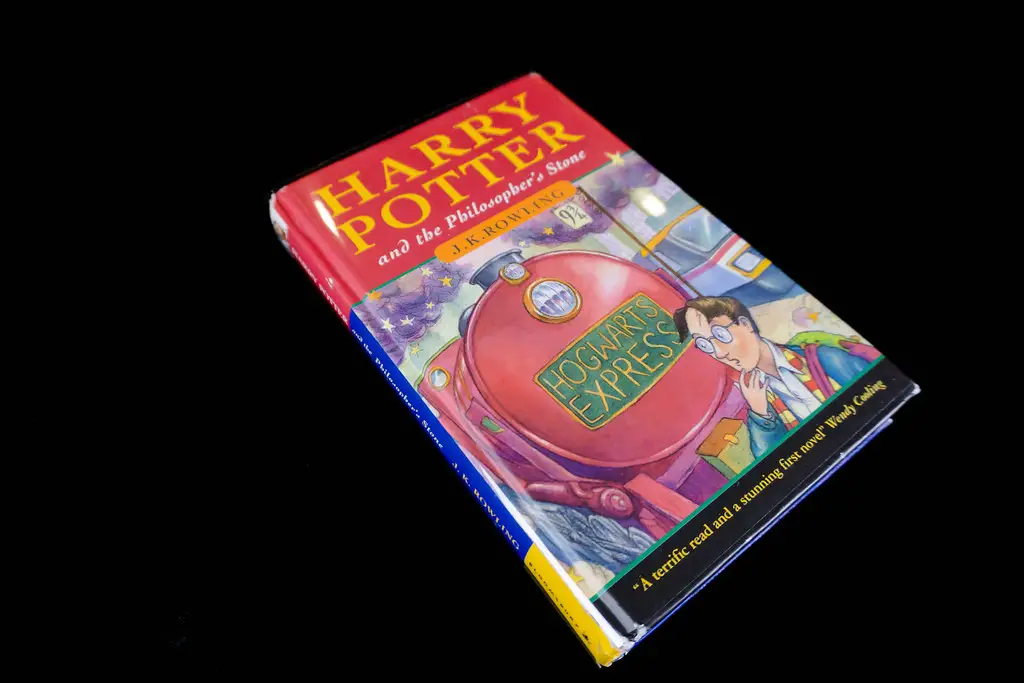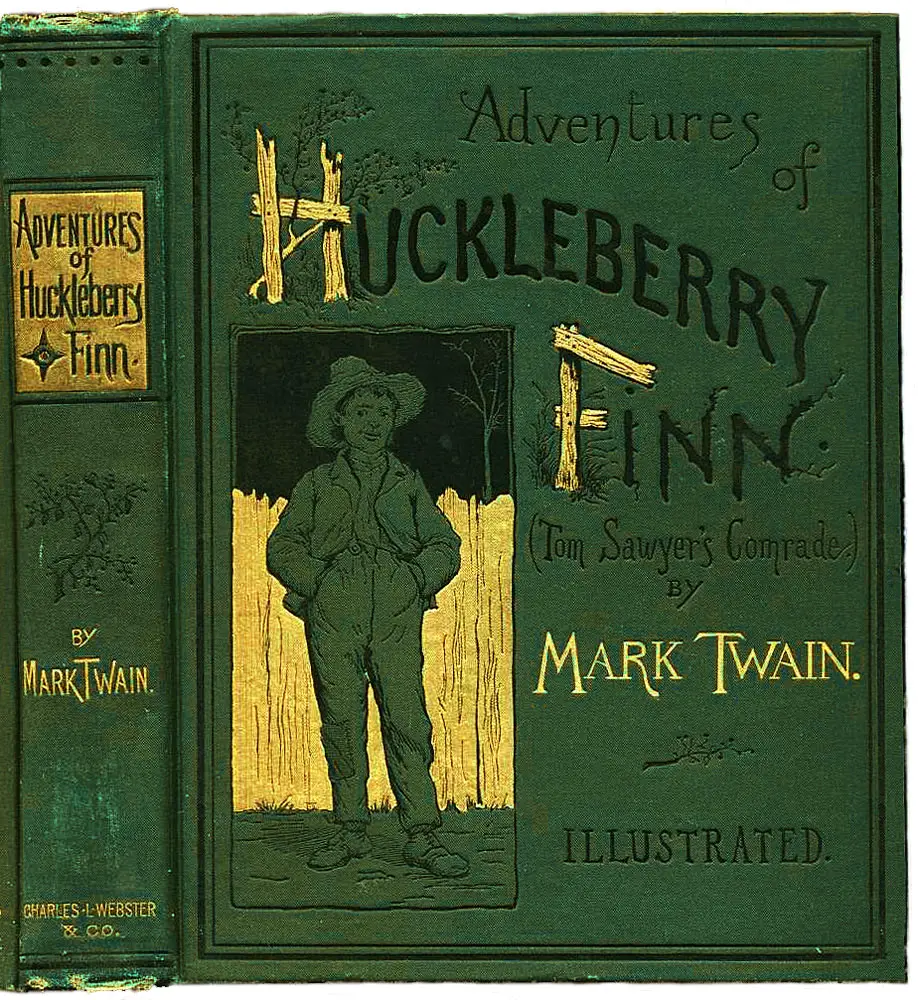When grammatical errors and spelling mistakes are present in books, it’s an embarrassing reminder that we’re all human. Even some of the best writers, often viewed as perfectionists, got confused by the infamous “they’re,” “there,” and “their.” Seeing “its” in the place where “it’s” would effortlessly send a bibliophile into a mental overload. In the 1925 crime fiction novel, An American Tragedy by Theodore Dreiser, there is an infamous amount of typos.
The worst typo in the first edition is on page 340, “…harmoniously abandoning themselves to the rhythm of the music—like two small chips being tossed about on a rough but friendly sea.” The word “chips” was supposed to be replaced with the word “ships.” On page 581 of the 865-page book, there’s a sentence that says, “‘You needn’t put those on me, mister,’ he pleased.” The word “pleased” was supposed to be replaced with “pleaded,” but maybe the author still had untapped potential.
A Magical Error
The Independent dug up the information that 500 hardback copies of the first edition of Harry Potter and the Philosopher’s Stone (known as Harry Potter and the Sorcerer’s Stone in the U.S.) contain a rare error.

On page 53, “1 wand” is listed twice. J.K. Rowling’s typos can sell for up to $15,000 to $20,000 at auction if the books are in exceptionally fine condition, but make sure that it’s the 1997 U.K. edition of Harry Potter and the Philosopher’s Stone, which came out in the U.K. prior to its 1998 release in the U.S.
The Bowie Knives Typo
Understanding the meaning behind each word is essential, and believe it or not, some published books do have typos, where publishers get calls from readers reporting the errors. A technical error in Cormac McCarthy‘s Blood Meridian is “bowieknives,” which would not pose a problem if it was in the dialogue, but it’s in the narration. Also, The Dying Earth by Jack Vance has the unquestionable typo: “Strangely, be did not take the flute from his mouth.”
A Proofreader Can Help
Have no fear. A proofreader is here. A proofreader who is meticulous will not guarantee that published books will not have typos, especially if the book is 80,000 words or more. An English degree or college education in literature is not mandatory to be a proofreader. If you do manage to get a proofreader, I’d hope there are no factual inaccuracies in your book. You just need to be excellent in English and be quick-sighted. Some books have typos that change the meaning of the message, forcing publishers to take them off the shelves, correct the mistakes, and republish them.

Have you ever looked at an online article, skimmed through a newspaper, or read a book to see a typo? What can make such an accident more embarrassing is publicly speaking and mispronouncing a word. While I would be enthusiastic to share examples of how typos look in newspapers and online articles, I’m certain everyone is aware. Professional writers may not need additional pressure from a critic, but some writers prefer ghostwriters, proofreaders, and editors. With such a team, the likelihood of technical errors is reduced.
Why is an Imperfect Book Important?
Why would any bookworm want to buy anything imperfect, which can be full of typos, grammar errors, homonym errors, and many other technical problems? Would you be desperate to buy an unfinished book? The mistakes that are corrected from usually the first edition of the books would make the imperfect copies desirable items. Having an uncorrected mistake that ran through many copies would mean that the item loses its value. Maybe the front cover was printed upside down or groups of pages called signatures were unintentionally left out, making the books undesirable. What bookworms look for are things like misspellings and chipped words.

Holding the record for the most mistakes in a first printing is The Adventures of Huckleberry Finn. On page 57, line 11, “with the was” should have been “with the saw,” and on page 155, the last “5” in “155” is damaged. In the index of the 1934 first printing of Peterson’s Field Guide to the Birds, the nickname for the American Bittern is printed as “Bob Pumper” instead of “Bog-Pumper.”
First published in Paris in 1924, Three Mountains Press released In Our Time, a collection of short stories by Ernest Hemingway. While 300 copies were printed during its run, all thanks to a printing mistake, only 170 of those copies were released and sold. In April 2004, a first edition copy of In Our Time sold at Sotheby’s New York (an auction house) for a whopping $321,600.
Talking to Strangers by Malcolm Gladwell covers that poets have “far and away the highest suicide rates,” as much as five times the rate for the general population. Andrew Ferguson, who is a staff writer for The Atlantic was struck by the statistic, researched it, and found that a few dozen 18th- and 19th-century poets were applied to all poets. Thus, the information was amplified in a best-selling book. Gabriel Sherman is a journalist, who paid two fact-checkers $100,000 from his advance for his 2014 book, The Loudest Voice in the Room (about Roger E. Ailes and Fox News). Surely, every writer does not have $100,000 to squander on fact-checkers.
